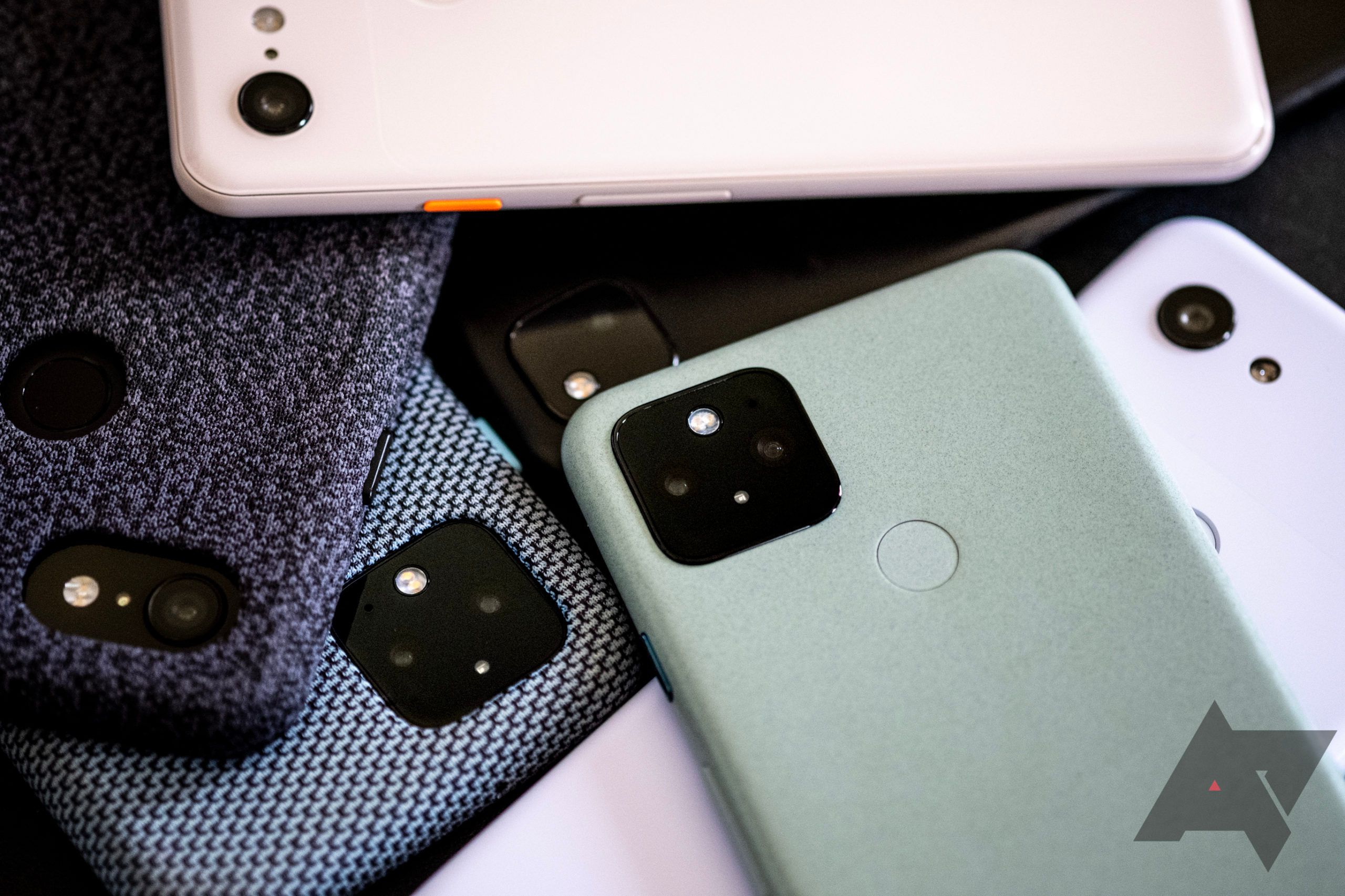Almost all Android smartphones in the US have Qualcomm chipsets — some may call it a monopoly, but that's just the way it is right now. However, Google has been working on its own custom chipset under the codename Whitechapel since at least last spring. And if a recent report from 9to5 is to be believed, this long-awaited hardware may finally manifest inside this year's Pixel 6, and potentially even the Pixel 5a.
Whitechapel, for those that don't remember it from last year, was rumored to be an ARM chipset powered by 2x A78 cores, 2x A76 cores, and 4x A55 cores, paired with an off-the-shelf ARM Mali GPU design, said at the time to be based on the unreleased "borr" architecture. Google reportedly roped in Samsung for help designing the chip, and it was also rumored that Samsung's foundries will build it on the company's 5LPE node.
According to today's report, a Pixel phone this fall (probably the Pixel 6) will use the chipset, and it has been explicitly tied to a hardware platform codenamed Slider, with this new chip picking up the GS101 name. More signs of Samsung's collaboration in the chip's development were also spotted, and it may even use some Exynos software components.
Given the usual performance difference between contemporary Exynos hardware and Qualcomm's Snapdragon chipsets, I hope that doesn't mean a performance downgrade for the next Pixel.
Two codenames are also associated with the Slider platform (Raven and Oriole), which have both been tied to upcoming Pixel devices — probably the Pixel 6 and the previously leaked Pixel 5a.
Many hope (so far without any evidence) that custom chipsets like Whitechapel could bring iPhone-level performance to the Android space. It's not inaccurate to call Qualcomm's domination of the US market a near-monopoly, and companies like Apple have been able to make deeper changes to their hardware, eking out performance benefits we don't enjoy in Android-land. However, Apple also enjoys a position as both its platform's software developer and sole hardware manufacturer, giving the company a level of interplay between software and hardware design that Android manufacturers can't really match.
As Android's primary developer, Google is in a position to pull an Apple and potentially make a chip that plays perfectly with its hardware. There aren't any guarantees here — especially given Samsung's involvement, its Exynos performance, and the fact that so far we haven't heard of Google rolling a custom core design like Apple does — but this could still be a very good thing, if not for iPhone-like performance, at least for chipset competition in the US. Google-controlled chipset hardware could also mean longer updates for Google's Pixels. Right now, Samsung actually beats Google at its own game.

